10 GPTs for Art Visualization Powered by AI for Free of 2025
AI GPTs for Art Visualization are advanced tools leveraging Generative Pre-trained Transformers to offer specialized solutions in visual arts. These tools analyze and understand artistic concepts, styles, and techniques, enabling users to generate, modify, and enhance images through natural language commands. They are designed to cater to a wide range of art-related tasks, from creating digital art based on textual descriptions to offering insights into art styles and trends. Their relevance lies in the ability to bridge the gap between textual language and visual representation, making art creation and exploration more accessible and innovative.
Top 10 GPTs for Art Visualization are: Traditional Tattoo Designer,Film Developer,Pocket Monster Creator,Beautiful,Crystal Artisan,Tattoo Visualizer,Funko Pop Creator,Inkspire - AI tattoo generator,Emotions Diary & Art Therapy,ArtMuse
Traditional Tattoo Designer
Craft Your Skin Story with AI Artistry
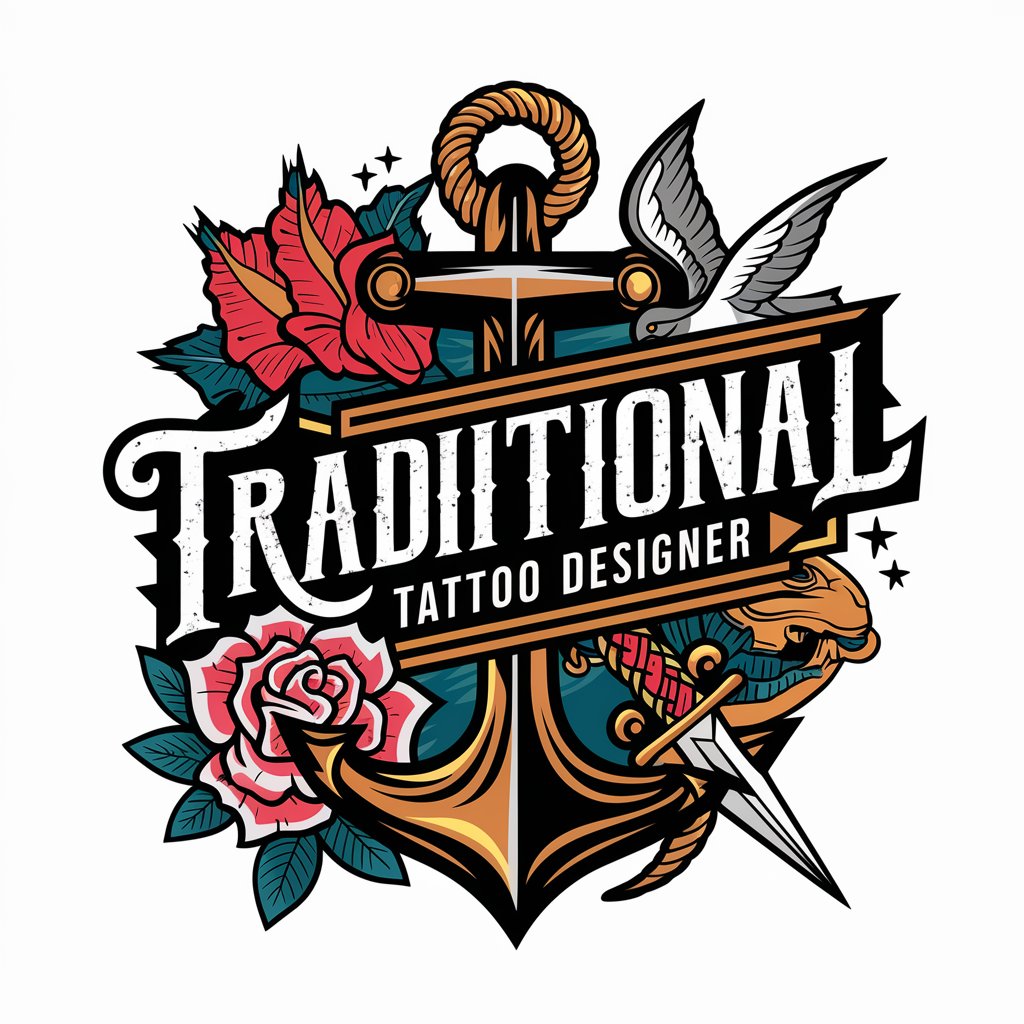
Film Developer
Crafting Stories with AI-Powered Creativity
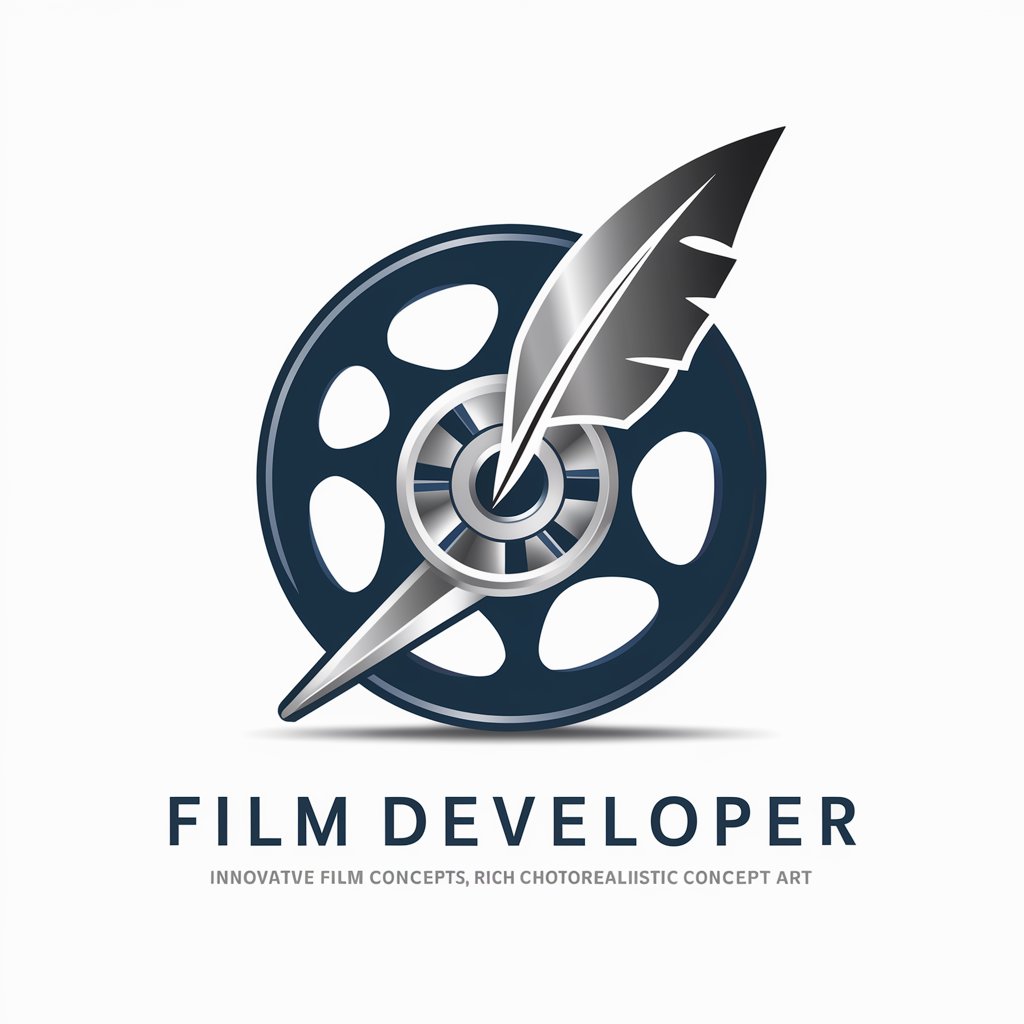
Pocket Monster Creator
AI-powered Pokémon design tool.

Beautiful
Visualize Creativity with AI
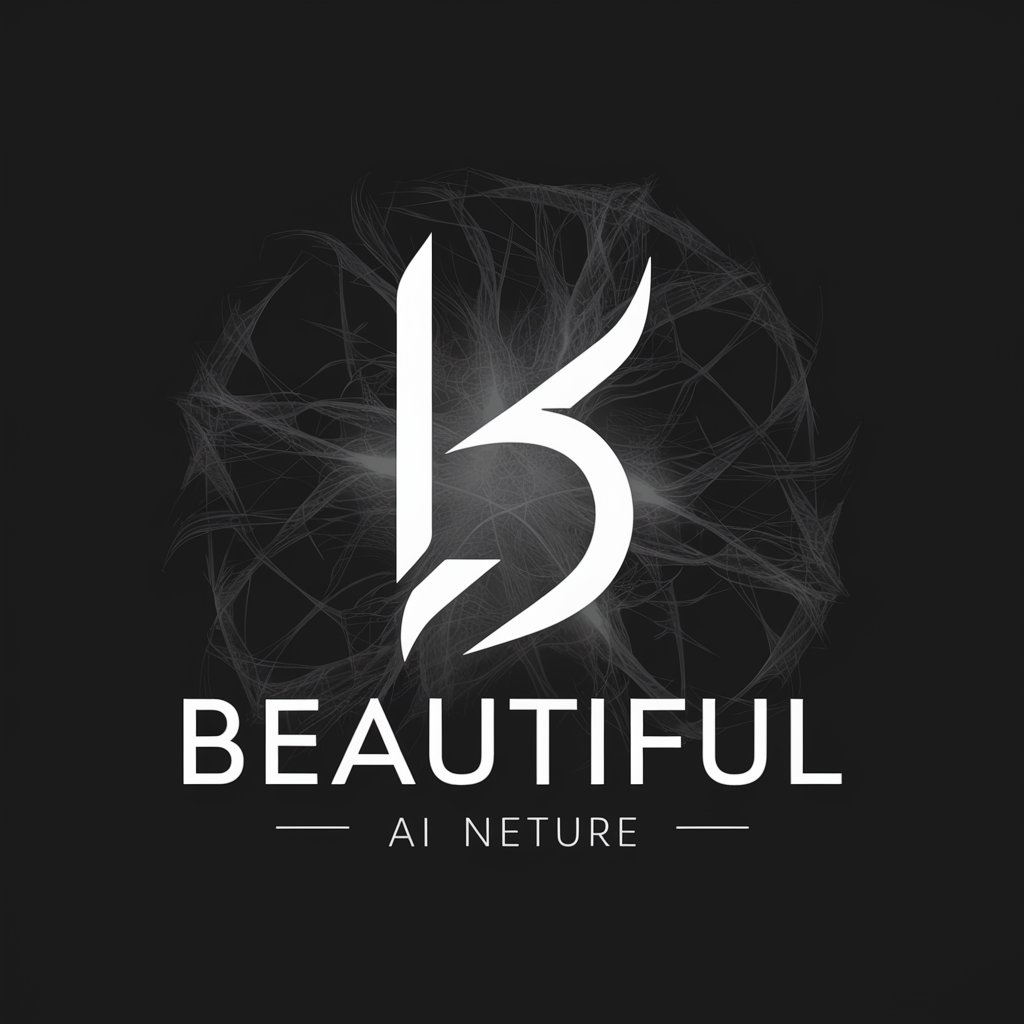
Crystal Artisan
Visualize Glass Art with AI-Powered Creativity
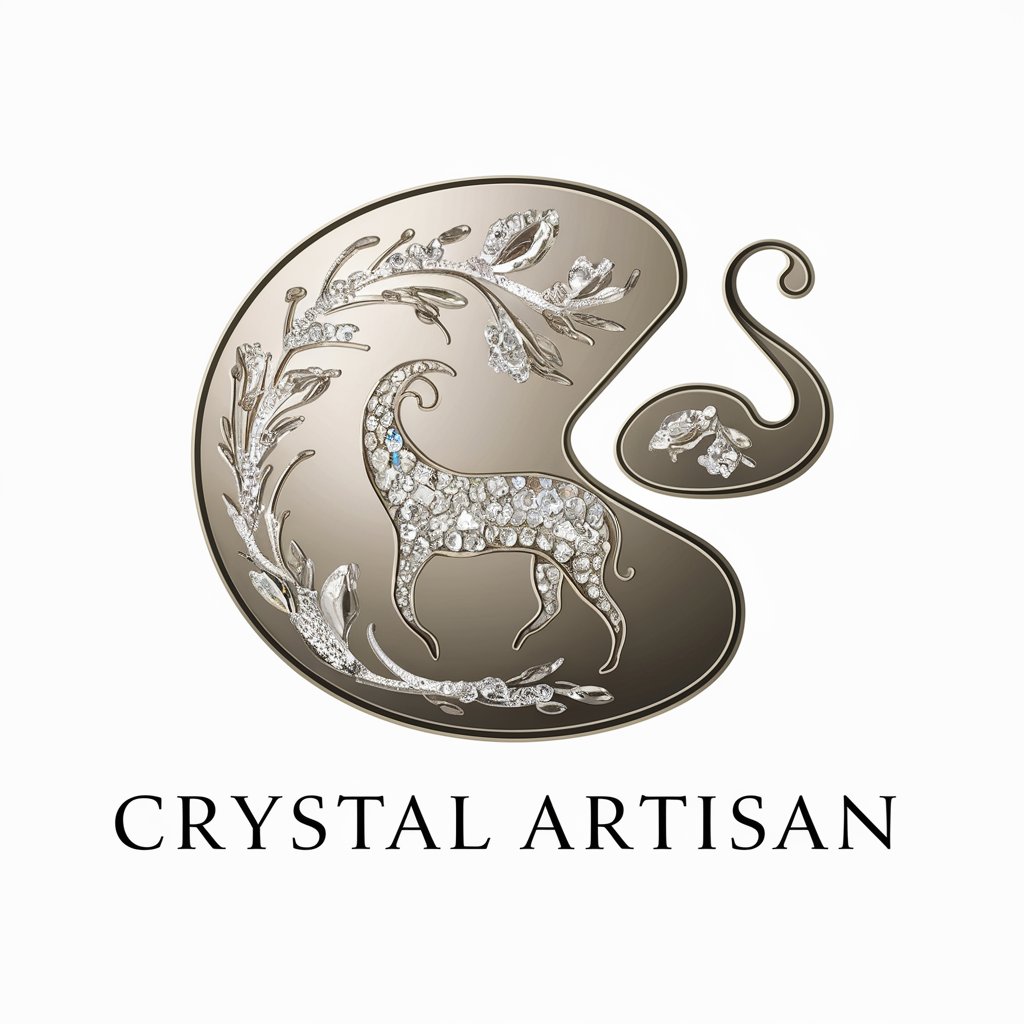
Tattoo Visualizer
Envision Your Ink with AI
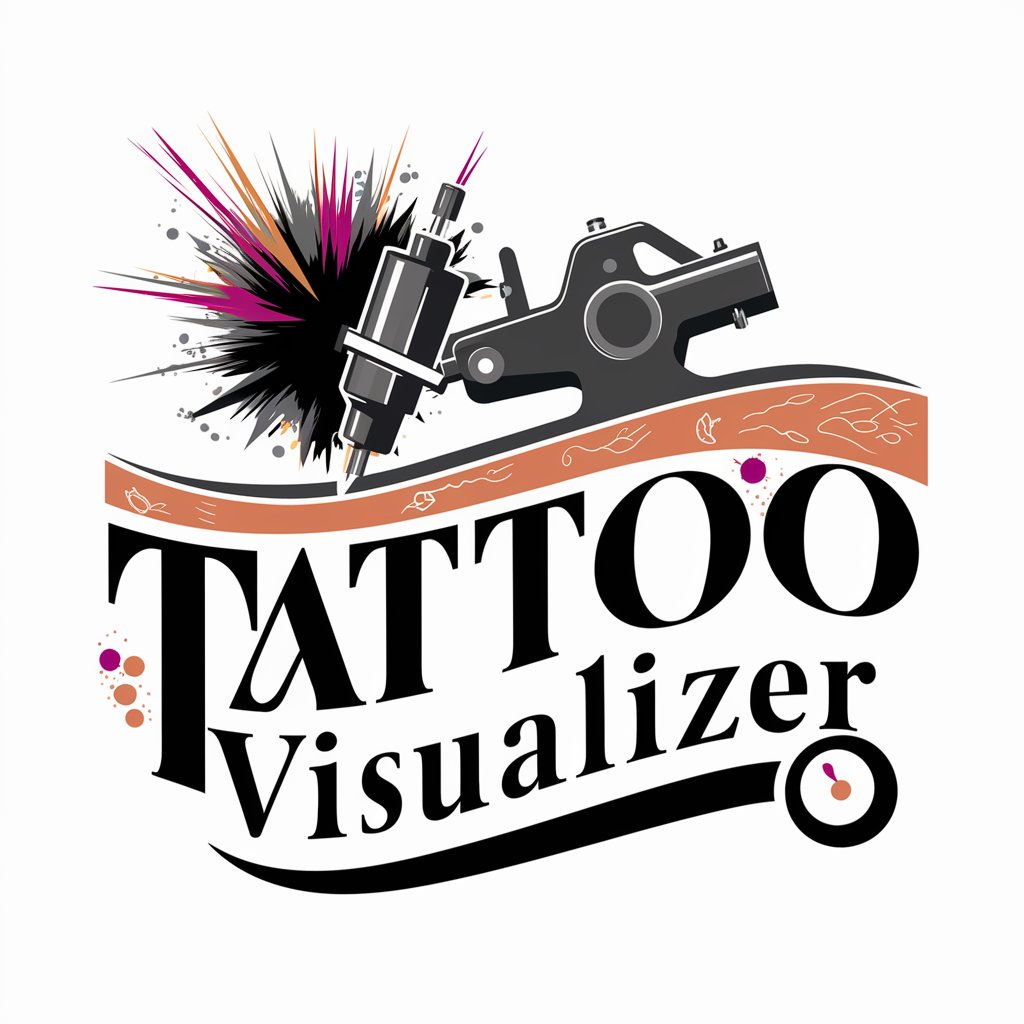
Funko Pop Creator
Craft Your Pop! - AI-Powered Funko Customization
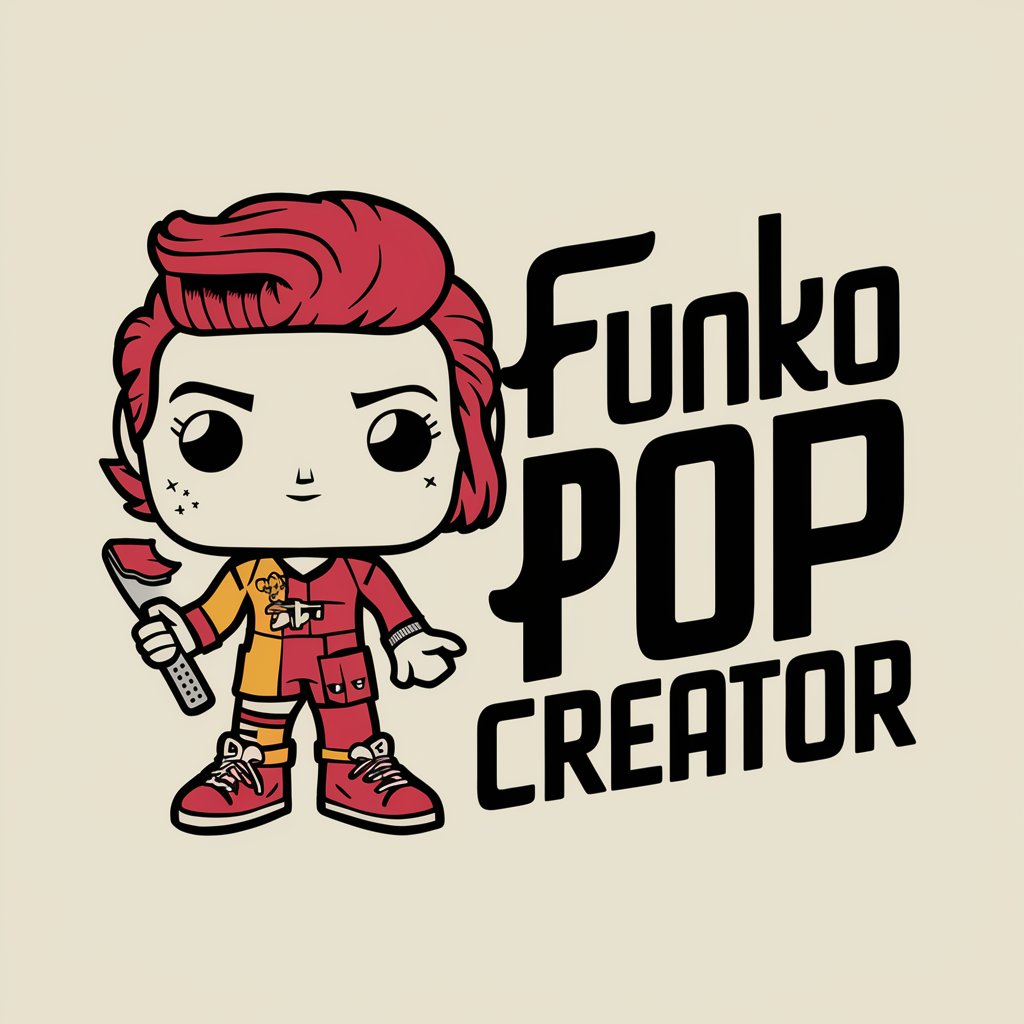
Inkspire - AI tattoo generator
Craft Your Dream Tattoo with AI
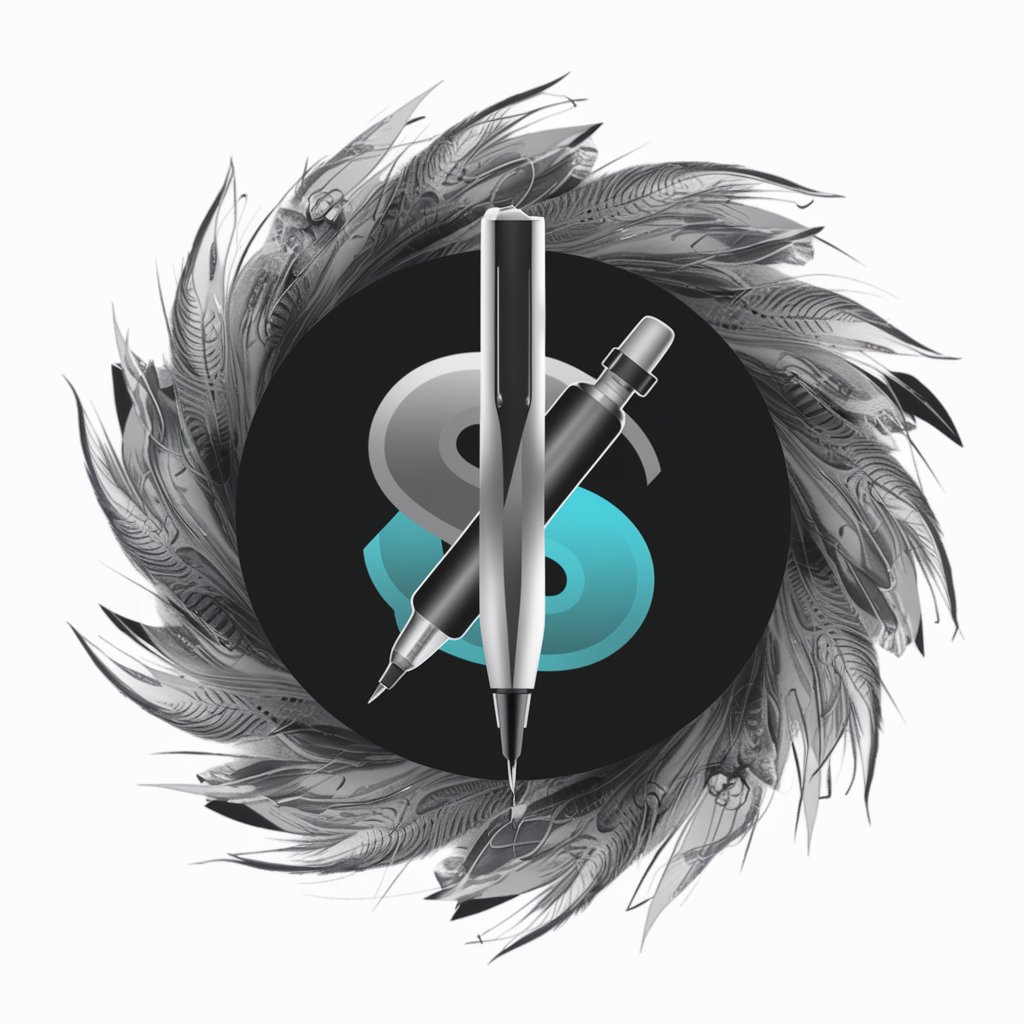
Emotions Diary & Art Therapy
Visualizing emotions through AI art.
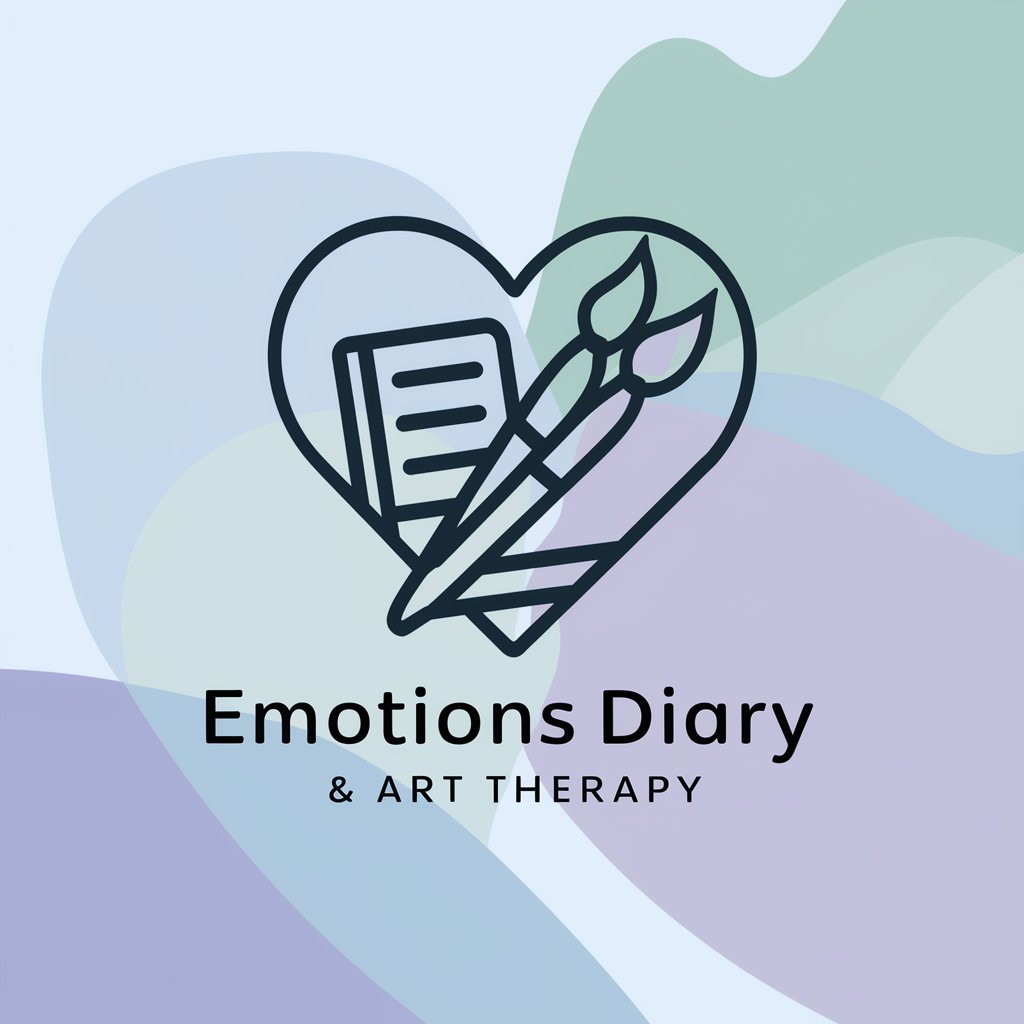
ArtMuse
Igniting Creativity with AI-Powered Art Insights
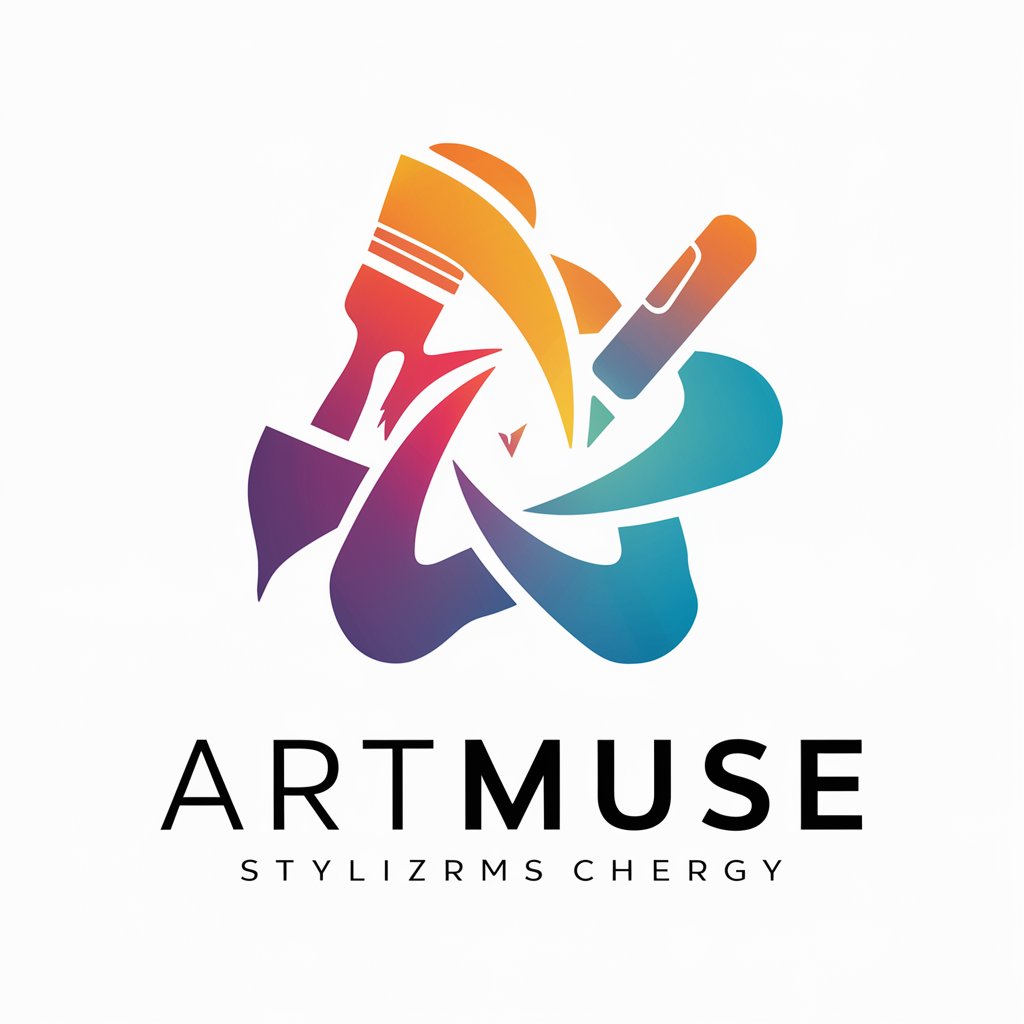
Key Attributes and Capabilities
AI GPTs for Art Visualization excel in their adaptability and specialized functionalities. Core features include language understanding for interpreting art-related queries, image creation capabilities for generating visuals from textual descriptions, and technical support for analyzing and enhancing art. They can simulate various art styles, provide recommendations on design elements, and assist in creative decision-making. Special features may include web searching for art trends, data analysis for understanding art preferences, and integration with digital art tools for a seamless workflow.
Who Benefits from Art Visualization GPTs
These AI tools are invaluable to a broad spectrum of users, including art novices seeking to explore their creativity, developers integrating AI into art platforms, and professionals in the art industry looking for innovative tools to enhance their work. They are accessible to those without programming skills, thanks to user-friendly interfaces, while offering advanced customization options for those with technical expertise, thus catering to a diverse audience with varying needs and backgrounds.
Try Our other AI GPTs tools for Free
Military Records
Discover how AI GPTs for Military Records revolutionize data management, offering tailored, secure solutions for analyzing and interpreting military documents and data.
Archival Navigation
Discover how AI GPTs for Archival Navigation revolutionize the exploration of historical archives, making it easier and more efficient for everyone from novices to professionals.
Strategy Humor
Explore AI GPTs for Strategy Humor: Tailor-made AI tools designed to blend humor with strategy, enhancing engagement and creativity in strategic planning.
Executive Decision
Unlock the power of AI in executive decision-making with GPTs designed for strategic insights, predictive analytics, and tailored solutions for informed leadership.
Terrarium Design
Explore the future of terrarium design with AI GPT tools. Tailored advice, interactive features, and data-driven insights bring your miniature ecosystems to life.
Podcasting
Explore AI GPTs for Podcasting: advanced tools designed to revolutionize content creation, distribution, and engagement in the podcasting world.
Enhanced Perspectives on GPTs in Art
AI GPTs for Art Visualization redefine creative processes by providing a blend of artistry and technology. They offer a platform for users to experiment with art creation without the need for extensive skills or experience. With user-friendly interfaces and integration capabilities, these tools facilitate a more inclusive and innovative approach to art exploration and creation, making art more accessible to a wider audience.
Frequently Asked Questions
What exactly are AI GPTs for Art Visualization?
They are AI-driven tools that use generative pre-trained transformers to understand and generate art-related content, bridging the gap between textual commands and visual outputs.
Who can use these AI tools for art purposes?
Anyone from beginners in art to professionals and developers can use these tools to create, analyze, and enhance art through AI capabilities.
Do I need coding skills to use these tools?
No, these tools are designed to be accessible without requiring programming knowledge, though they offer customization options for those with coding skills.
Can these tools generate images from text descriptions?
Yes, one of their core capabilities is to generate digital art or visualizations based on detailed text descriptions.
How do these AI tools help in understanding art styles?
They can analyze different art styles and techniques, offering insights and recommendations to users looking to explore or replicate specific styles.
Are there customization options for advanced users?
Yes, advanced users can access additional settings and programming interfaces to tailor the AI's functionality to their specific needs.
Can AI GPTs for Art Visualization integrate with other digital art tools?
Many of these tools are designed to work seamlessly with existing digital art platforms, enhancing the creative process through AI-driven insights and capabilities.
What makes these AI tools unique in the art visualization field?
Their ability to interpret text and generate corresponding visuals, along with offering analytical insights into art styles and trends, sets them apart in the realm of digital art and visualization.